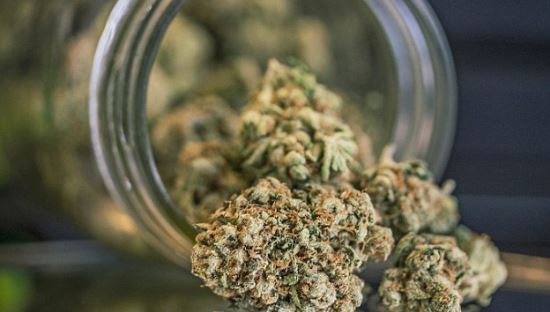Children are more likely to use cannabis two years earlier than their peers if their mothers took the drug during childhood, a new study has found.
The study from the Harvard T.H. Chan School of Public Health is the first of its kind to successfully establish the relationship.
Natasha Sokol, one of the study’s lead investigators, said they were interested in studying how adult consumption of cannabis may affect a child’s introduction to it.
To make the determination, the researchers evaluated data for 4,440 children and 2,586 mothers for the effect of maternal marijuana use between a child’s birth and age 12 on that child’s subsequent marijuana initiation.
The investigators found that the children whose mothers used marijuana were at increased risk for marijuana initiation prior to age 17 and began at a median age of 16, compared to age 18 among children of non-users.
“Early initiation is one of the strongest predictors of the likelihood of experiencing health consequences from marijuana use,” Sokol said.
“In a shifting regulatory environment in which we expect adult marijuana use to become more normative, developing a deeper and more nuanced understanding of social risk factors for early initiation is a critical step in intervention design and delivery.
“Incorporating maternal cannabis use into our understanding of the important risk factors for early initiation may help us better identify at-risk youth for more tailored or intensive prevention strategies.”
Sokol said in spite of the therapeutic benefits of cannabis for treating a number of different medical conditions, “delaying initiation may be an important, but undervalued, public health goal”.
The study was published in the American Journal of Preventive Medicine.
Copyright 2025 TheCable. All rights reserved. This material, and other digital content on this website, may not be reproduced, published, broadcast, rewritten or redistributed in whole or in part without prior express written permission from TheCable.
Follow us on twitter @Thecablestyle

